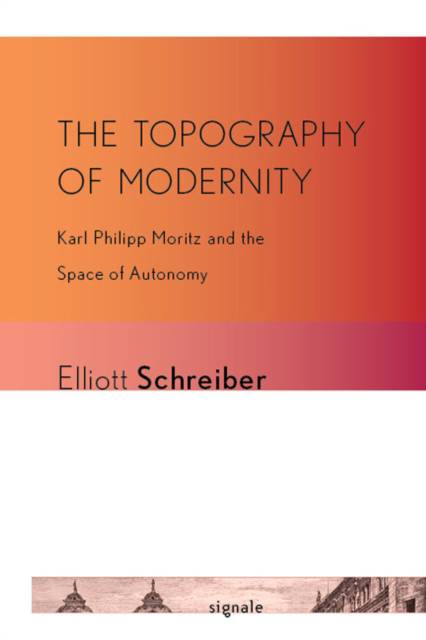
- Retrait gratuit dans votre magasin Club
- 7.000.000 titres dans notre catalogue
- Payer en toute sécurité
- Toujours un magasin près de chez vous
- Retrait gratuit dans votre magasin Club
- 7.000.0000 titres dans notre catalogue
- Payer en toute sécurité
- Toujours un magasin près de chez vous
Description
Karl Philipp Moritz (d. 1793) was one of the most innovative writers of the late Enlightenment in Germany. A novelist, travel writer, editor, and teacher he is probably best known today for his autobiographical novel Anton Reiser (1785-90) and for his treatises on aesthetics, foremost among them Über die bildende Nachahmung des Schönen (On the Formative Imitation of the Beautiful) (1788). In this treatise, Moritz develops the concept of aesthetic autonomy, which became widely known after Goethe included a lengthy excerpt of it in his own Italian Journey (1816-17). It was one of the foundational texts of Weimar classicism, and it became pivotal for the development of early Romanticism.
In The Topography of Modernity, Elliott Schreiber gives Moritz the credit he deserves as an important thinker beyond his contributions to aesthetic theory. Indeed, he sees Moritz as an incisive early observer and theorist of modernity. Considering a wide range of Moritz's work including his novels, his writings on mythology, prosody, and pedagogy, and his political philosophy and psychology, Schreiber shows how Moritz's thinking developed in response to the intellectual climate of the Enlightenment and paved the way for later social theorists to conceive of modern society as differentiated into multiple, competing value spheres.
Spécifications
Parties prenantes
- Auteur(s) :
- Editeur:
Contenu
- Nombre de pages :
- 194
- Langue:
- Anglais
- Collection :
Caractéristiques
- EAN:
- 9780801478086
- Date de parution :
- 15-03-13
- Format:
- Livre broché
- Format numérique:
- Trade paperback (VS)
- Dimensions :
- 152 mm x 224 mm
- Poids :
- 294 g

Les avis
Nous publions uniquement les avis qui respectent les conditions requises. Consultez nos conditions pour les avis.






